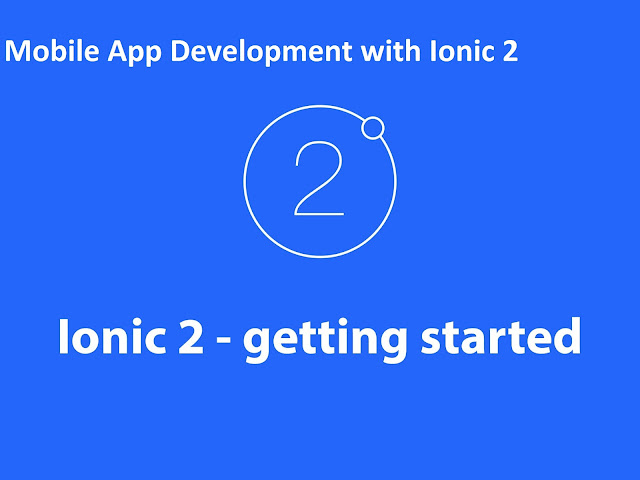Mobile apps development is a hot topic for both companies and individualdevelopers. You can use various kinds of frameworks and tools to buildmobile apps for different platforms. In this website, we use Ionic 2 to buildso-called hybrid mobile apps. As the first chapter, this chapter provides thebasic introduction of hybrid mobile apps and helps you to set up the localenvironment for development, debugging, and testing.
Mobile Apps Refresher
With the prevalence of mobile devices, more and more mobile apps havebeen created to meet all kinds of requirements. Each mobile platform hasits own ecosystem. Developers use SDKs provided by the mobile platformto create mobile apps and sell them on the app store. Revenue is sharedbetween the developers and the platform. Table 1-1 shows the statistics ofmajor app stores at the time of writing.
Table 1-1. Statistics of major app stores
App Store Number of available apps Downloads to date
App Store (iOS) 2.2 million 140 billion
Google Play 2.6 million 65 billion
Windows Store 669,000+ --
BlackBerry World 240,000+ 4 billion
Amazon Appstore 334,000+ --
The prevalence of mobile apps also creates a great opportunity for applicationdevelopers and software companies. A lot of individuals and companies makebig money on the mobile apps markets. A classic example is the phenomenalmobile game Flappy Bird. Flappy Bird was developed by Vietnam-baseddeveloper Dong Nguyen. The developer claimed that Flappy Bird was earning$50,000 a day from in-app advertisements as well as sales. Those successfulstories encourage developers to create more high-quality mobile apps.
Let’s now take a look at some key components of mobile app development.
